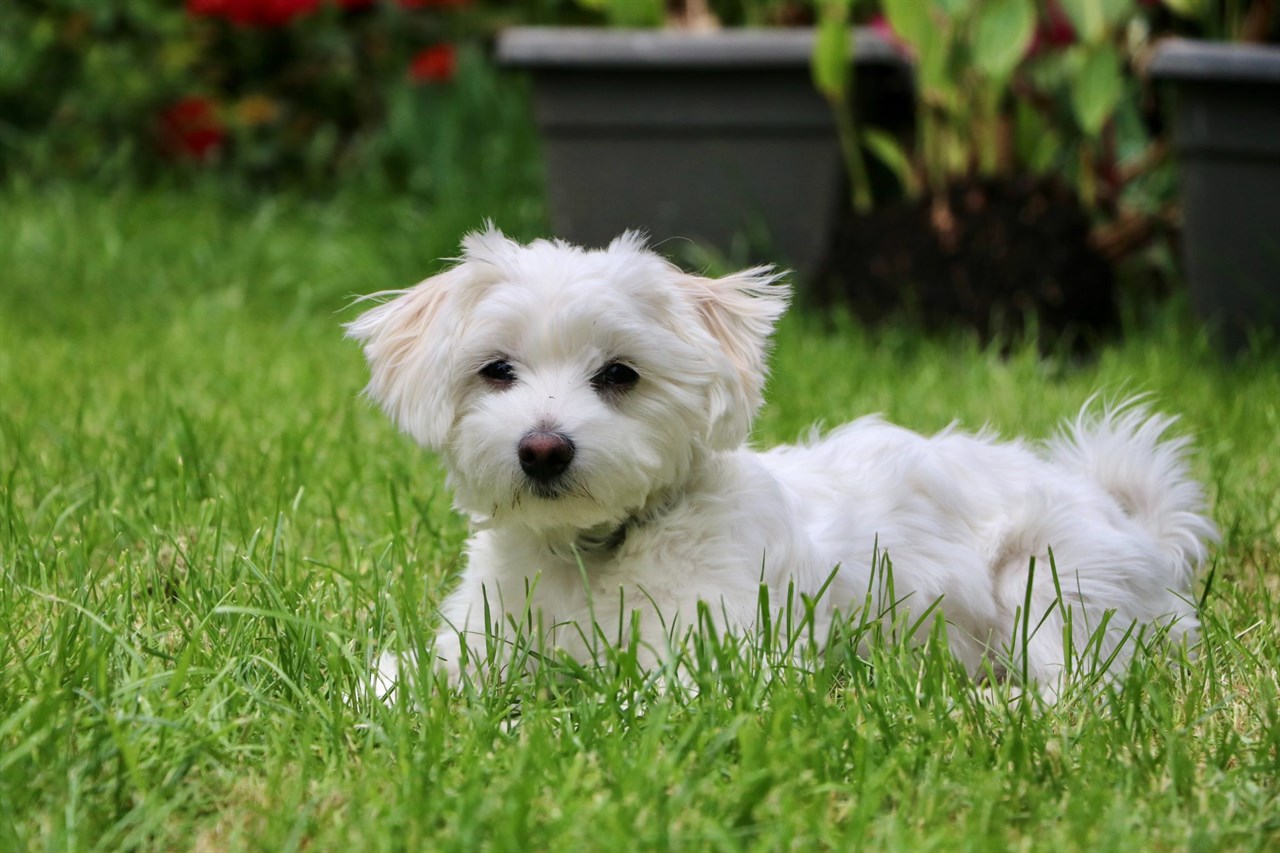Feeding Habits and Food Requirements of the Maltalier

Proper nutrition is crucial for the health and well-being of the Maltalier, a crossbreed of the Maltese and Cavalier King Charles Spaniel. Understanding their feeding habits and food requirements is essential for maintaining their health and ensuring they receive the right balance of nutrients.
Age and Life Stage
The dietary needs of a Maltalier can vary depending on their age and life stage. Puppies, adult dogs, and seniors have different nutritional requirements. Be sure to choose a dog food that is appropriate for your Maltalier's age.
High-Quality Dog Food
Opt for high-quality commercial dog food that is specially formulated to meet the nutritional needs of small breed dogs. Look for products that list meat or meat meal as the primary ingredient and avoid foods with excessive fillers or artificial additives.
Portion Control
Maintain proper portion control to prevent overfeeding or underfeeding. Consult the feeding guidelines on the dog food packaging and adjust the amount based on your Maltalier's age, activity level, and metabolism. Be mindful of treats and snacks, as they can contribute to weight gain if given excessively.
Feeding Frequency
Most adult Maltaliers do well with two meals per day. Puppies, on the other hand, may require three to four small meals daily to support their rapid growth. Avoid leaving food out for free feeding, as it can lead to obesity.
Wet vs. Dry Food
You can choose between dry kibble, wet canned food, or a combination of both. Dry kibble can help promote dental health by reducing tartar buildup, while wet food can provide additional hydration. Some owners choose to mix the two for variety.
Fresh Water
Always provide your Maltalier with access to fresh, clean water. Proper hydration is vital for their health and digestion.
Dietary Restrictions
Some Maltaliers may have food allergies or sensitivities, so it's essential to monitor their reaction to different foods. If you suspect your dog has food allergies or sensitivities, consult with your veterinarian for guidance on appropriate dietary choices.
Table Scraps and Human Food
Avoid feeding your Maltalier table scraps or human food, as some human foods can be toxic to dogs. Stick to a well-balanced dog food to ensure they receive the necessary nutrients.
Weight Management
Maintaining a healthy weight is essential for Maltaliers. Monitor their body condition and consult your veterinarian if you suspect your dog is underweight or overweight. Adjust their diet as needed to achieve and maintain a healthy weight.
Transitioning Foods
If you decide to change your Maltalier's diet, do so gradually by mixing the old and new foods together over a period of about a week. This gradual transition helps prevent digestive upset.
Regular Veterinary Checkups
Regular checkups with your veterinarian can help ensure your Maltalier is receiving proper nutrition and that their dietary needs are being met throughout their life.
In conclusion, feeding your Maltalier a well-balanced diet that meets their age and activity level is essential for their health and longevity. Monitoring their weight, choosing high-quality dog food, and providing fresh water are key components of their feeding habits and food requirements. Consult with your veterinarian for personalised guidance on the best dietary choices for your individual Maltalier.
Maltalier puppies for sale
- Find Maltalier puppies for sale in ACT
- Find Maltalier puppies for sale in NSW
- Find Maltalier puppies for sale in NT
- Find Maltalier puppies for sale in QLD
- Find Maltalier puppies for sale in SA
- Find Maltalier puppies for sale in TAS
- Find Maltalier puppies for sale in VIC
- Find Maltalier puppies for sale in WA